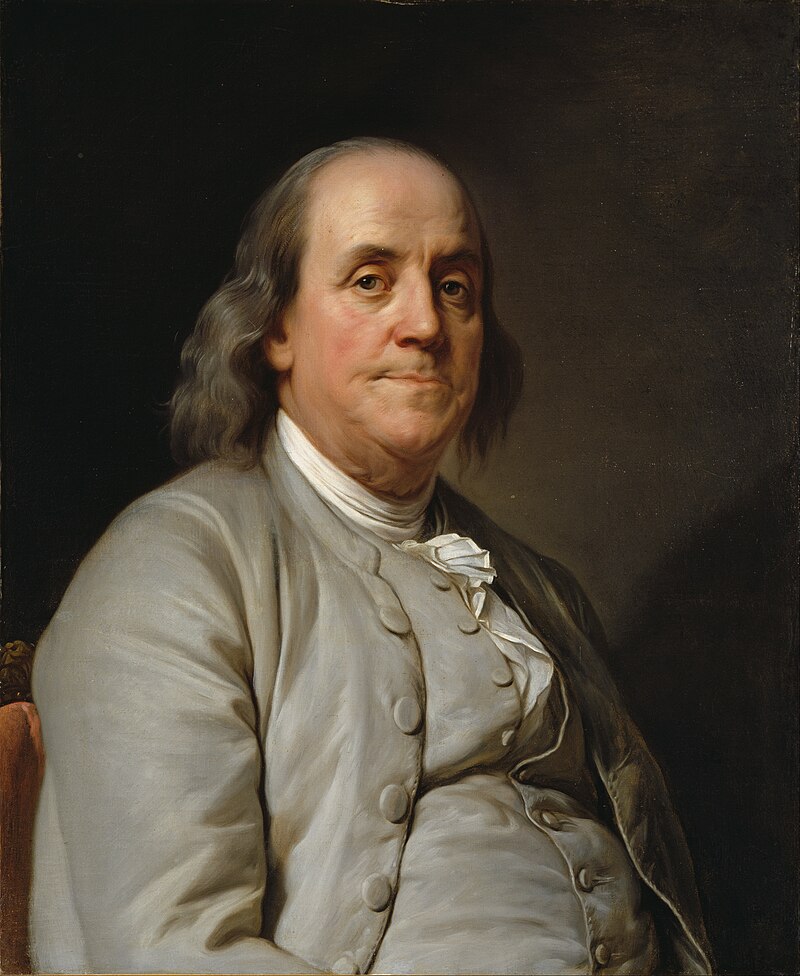
- Posted on:July 14, 2024
- Categories: Inspiring Story
- Author: Darren Sapp
Benjamin Franklin invented the lightning rod, published thousands of words, and served as a founding father of the new American nation, but he also struggled with ordinary matters of life such as sincerity and chastity. His interests comprised many facets of society from science to civic reform to medicine. In addition, he wondered if he could achieve moral perfection. For the twenty-something Franklin, the only solution was an experiment.
After spending two years in London, Franklin sailed for home. His mind wandered during the long voyage at the haphazard direction his life had taken.[1] The solution, he decided, lay in the establishment of several daily habits of virtue that might improve his life.
The list consisted of twelve areas that he could measure daily, such as temperance, cleanliness, and tranquility. Some of these benefited others as much as himself. The virtue of silence avoided wasteful conversations, and the virtue of justice brought wrong to no one. Others produced more practical results. His years in London produced debt, so he reasoned that frugality would help him pay off his debtors.
Franklin being Franklin, he created a scorecard in black and red ink to chart his progress. A Quaker friend pointed out his pride in accomplishing his list, so Franklin added a thirteenth virtue—humility.
The following statement sums up his mission: “My intention being to acquire the habitude of all these virtues.”[2] By habitude, he meant that the virtue became so strengthened, and its opposite weakened, that it became a habit, and he could shift his focus to the next virtue. His focus on frugality also freed his mind to focus on other virtues. He didn’t invent the word habitude, but like many things in life, such as electricity, he harnessed its power.
The Apostle Paul wrote that “…in a race all the runners run, but only one receives the prize. So run that you may obtain it. Every athlete exercises self-control in all things. They do it to receive a perishable wreath, but we an imperishable. So I do not run aimlessly; I do not box as one beating the air. But I discipline my body and keep it under control, lest after preaching to others I myself should be disqualified” (1 Corinthians 9:24-27, ESV).
Historians rightly record the extraordinary things Benjamin Franklin did, but he struggled with ordinary things like the rest of us. What virtues do you sometimes struggle with? Throughout Scripture, God commands us to practice regular habits of prayer, Scripture reading, worship, acts of kindness, etc. These aren’t fruitless exercises. These spiritual disciplines produce a spiritual man. Create your own “Franklin” scorecard and choose a virtue to practice. Run to win the prize.
Recommended Reading: The Autobiography of Benjamin Franklin.
[1] H. W. Brands, The First American: The Life and Times of Benjamin Franklin (New York: Doubleday, 2000), 96.
[2] Benjamin Franklin and Louis P. Masur, The Autobiography of Benjamin Franklin (Boston: Bedford Books of St. Martin’s Press, 1993), 91.